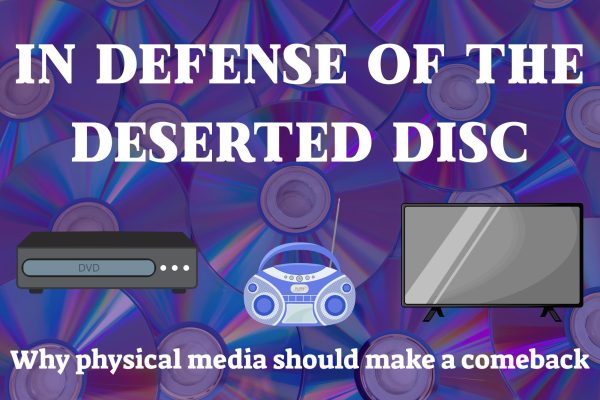Refuse to Vote? Then Reimburse the Country
 Maxwell Clark
Maxwell Clark
Journalism 2
The government is being robbed right before your very eyes! By whom you may ask? By every U.S. citizen who refused to vote in the presidential election.
Almost half of eligible voters did not vote in the U.S. presidential election this past year, costing the government and our country greatly.
U.S. citizens who are able to vote and refuse or fail to do so should be forced to reimburse the country with a tax.
The U.S. government functions hand-in-hand with its people by giving up some of its power to the citizens and allowing them to vote.
When eligible citizens vote, they are repaying the government for the power that was given to them. When they don’t, there is no exchange of power between the government and the people; rather the power is stolen by those who refused to vote.
A tax would compensate for the power taken by those who are not properly motivated to vote.
A small tax would help encourage citizens to vote, without forcing them to do so.
Voting is a right of every citizen, so it must be a choice not to vote.
A tax on non-voters would still leave them this choice, but encourage them not choose it.
In February 2012, it was reported by Pew Research Center that 51 million citizens who are eligible to register for voting have not registered.
A poll by the same research center showed that 29% of people did not vote because they either were
not interested, or voting interfered with their schedule.
This tax would only motivate citizens to take part in the elections, rather than simply not bothering to do so, when the country depends on their opinion.
It would be an abomination to continue to allow citizens to let down the country, simply because they do not care enough to vote, when motivation is as simple as a tax.
A 0.5% tax of the monthly wage of no-show voters would be enough to motivate them without totally stripping their income.
This tax would be charged monthly until the non-voter takes part in the next state or federal election opportunity.
The money from this would go to the National Park Service, to continue funding nature preserves in growing industry which makes it difficult to do so.
This could substantially increase our voter turnout. If more citizens were motivated to vote, the choice of president would be much more justified.
According to a PBS voter turnout article, in the 2016 U.S. presidential election, around 42% of eligible voters did not vote.
Australia, which currently exercises compulsory voting and fees non-voters, reported a 91% voter turnout in their most recent federal election.
U.S. citizens failing to partake in the election narrows the opinion pool which submits to the chosen candidate, making the choice less valid.
Though not voting is a way for eligible voters to show that they disagree with both candidates, this proposes a problem with the voting system, which does not offer a neutral option, rather than a problem with the tax.
Not participating in a vote is a lousy and inefficient solution to this problem, which should be discouraged.
U.S. citizens who are eligible to vote and do not do so should be required to pay back the country for what they have cost each citizen with a tax.
Not voting is an act of revulsion which hurts the government-citizen exchange, but a tax would motivate those eligible to vote, and better justify the choice of the election.
This would help requite the loss they have cost the country and motivate citizens to vote, therefore broaden- ing the opinion pool for the presidential election.

Maxwell is a Senior at GRC. He enjoys tennis, music, and building. His favorite food is burgers, and his favorite color is green.






